Unfortunately, the word ‘EzKool’ did not make the list this time around. But we’ll see what happens next year.
1. Banana Republic
A politically unstable, undemocratic and tropical nation whose economy is largely dependent on the export of a single limited-resource product, such as a fruit or a mineral. The pejorative term was coined by O Henry (William Sidney Porter) in his 1904 collection of short stories entitled Cabbages and Kings.
2. Beatnik
This one was created by San Francisco Chronicle columnist Herb Caen in his column of April 2, 1958 about a party for “50 beatniks.” Caen was later quoted, “I coined the word ‘beatnik’ simply because Russia’s Sputnik satellite was aloft at the time and the word popped out.”
3. Bedazzled
To be irresistibly enchanted, dazed or pleased A word that Shakespeare debuts in The Taming of the Shrew when Katharina says: “Pardon, old father, my mistaking eyes, that have been so bedazzled with the sun that everything I look on seemeth green.” Several of the websites that track the Bard’s words have, in recent years, commented on the fact that a commercial product called The Be Dazzler had come on the market and was taking some of the shine from the word. The Be Dazzler is a plastic device used to attach rhinestones to blue jeans, baseball caps and other garments. One site commented: “A word first used to describe the particular gleam of sunlight is now used to sell rhinestone-embellished jeans. “
4. Catch-22
The working title for Joseph Heller’s modern classic about the mindlessness of war was Catch-18, a reference to a military regulation that keeps the pilots in the story flying one suicidal mission after another. The only way to be excused from flying such missions is to be declared insane, but asking to be excused for the reason of insanity is proof of a rational mind and bars being excused. Shortly before the appearance of the book in 1961, Leon Uris’s bestselling novel Mila 18 was published. To avoid numerical confusion, Heller and his editor decided to change 18 to 22. The choice turned out to be both fortunate and fortuitous as the 22 more rhythmically and symbolically captures the double duplicity of both the military regulation itself and the bizarre world that Heller shapes in the novel. (“’That’s some catch, that Catch-22’,” observes Yossarian. ‘It’s the best there is,’ Doc Daneeka agrees.’”) During the decades since its literary birth, catch-22, generally lower-cased, has come to mean any predicament in which we are caught coming and going, and in which the very nature of the problem denies and defies its solution.
5. Cyberspace
Novelist William Gibson invented this word in a 1982 short story, but it became popular after the publication of his sci-fi novel Neuromancer in 1984. He described cyberspace as “a graphic representation of data abstracted from banks of every computer in the human system.
6. Freelance
i) One who sells services to employers without a long-term commitment to any of them.
ii) An uncommitted independent, as in politics or social life .
The word is not recorded before Sir Walter Scott introduced it in Ivanhoe which, among other things, is often considered the first historical novel in the modern sense. Scott’s freelancers were mercenaries who pledged their loyalty and arms for a fee. This was its first appearance: “I offered Richard the service of my Free Lances, and he refused them – I will lead them to Hull, seize on shipping, and embark for Flanders; thanks to the bustling times, a man of action will always find employment.”
7. Hard-Boiled
Hardened, hard-headed, uncompromising. A term documented as being first used by Mark Twain in 1886 as an adjective meaning “hardened”. In a speech he alluded to hard-boiled, hide-bound grammar. Apparently, Twain and others saw the boiling of an egg to harden the white and yolk as a metaphor for other kinds of hardening.
8. Malapropism
An incorrect word in place of a word with a similar sound, resulting in a nonsensical, often humorous utterance. This eponym originated from the character Mrs Malaprop, in the 1775 play The Rivals by Irish playwright and poet Richard Brinsley Sheridan. As you might expect, Mrs Malaprop is full of amusing mistakes, exclaiming “He’s the very pineapple of success!” and “She’s as headstrong as an allegory on the banks of the Nile!” The adjective Malaproprian is first used, according to the OED, by George Eliot. “Mr. Lewes is sending what a Malapropian friend once called a ‘missile’ to Sara.”
9. Serendipity
The writer and politician Horace Walpole invented the word in 1754 as an allusion to Serendip, an old name for Sri Lanka. Walpole was a prolific letter writer, and he explained to one of his main correspondents that he had based the word on the title of a fairy tale, The Three Princes of Serendip. The three princes were always making discoveries, by accidents and sagacity, of things they were not looking for.
10. Whodunit
A traditional murder mystery. Book critic Donald Gordon created the term in the July 1930 American News of Books when he said of a new mystery novel: “Half-Mast Murder, by Milward Kennedy – A satisfactory whodunit.” The term became so popular that by 1939, according to the Merriam-Webster website, “at least one language pundit had declared it ‘already heavily overworked’ and predicted it would ‘soon be dumped into the taboo bin.’ History has proven that prophecy false, and whodunit is still going strong.”
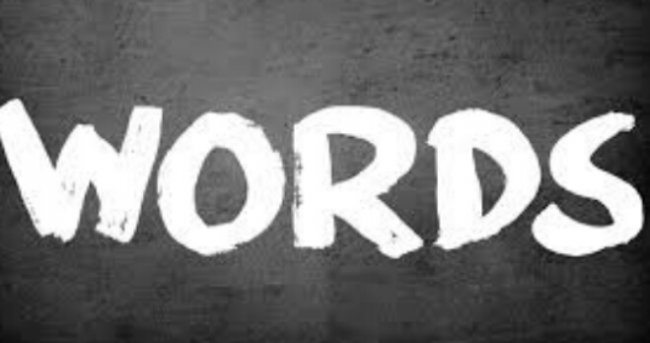
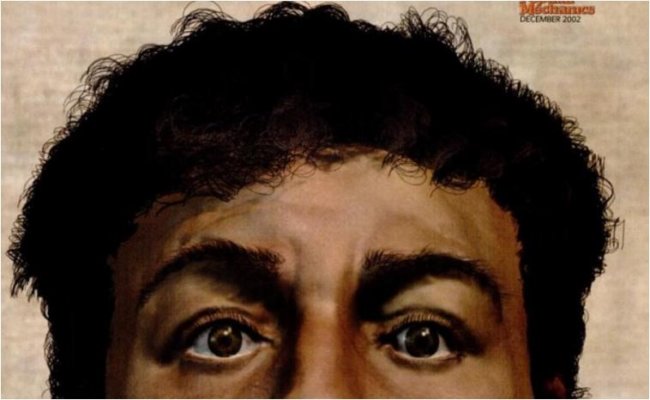


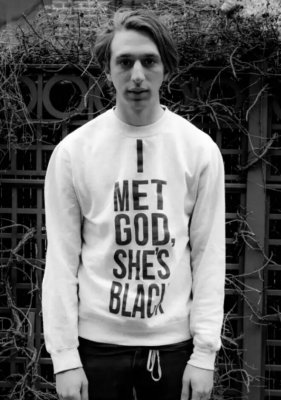


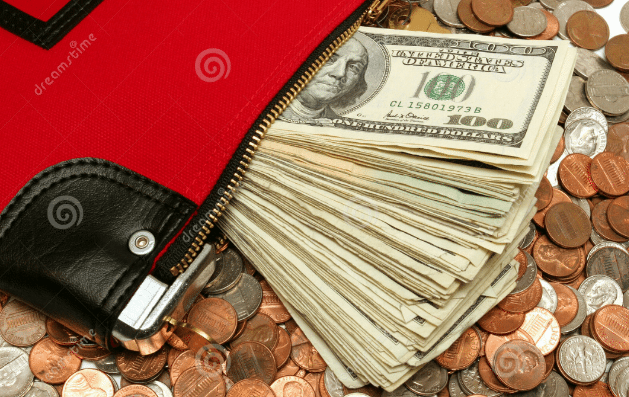
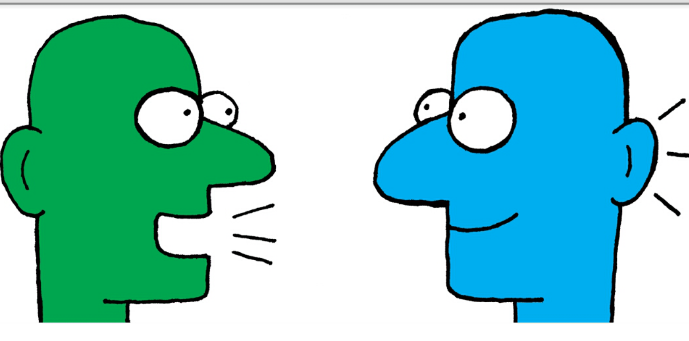

I have no problem with THESE words. But I DO have problems with politicians and journalists who cannot use the other ones we have correctly!
IMPACT…was always a noun, now it’s a verb
MYSELF..not one damn person uses it correctly
TROOP…a group of many people, not just ONE (“5 troops died today…”)
FECKLESS……one of Frank Luntz’s favorites, I guess
Don’t get me started on ending a sentence with a preposition (what is that, you say..)
And is number 8 also called a PALINISM??????